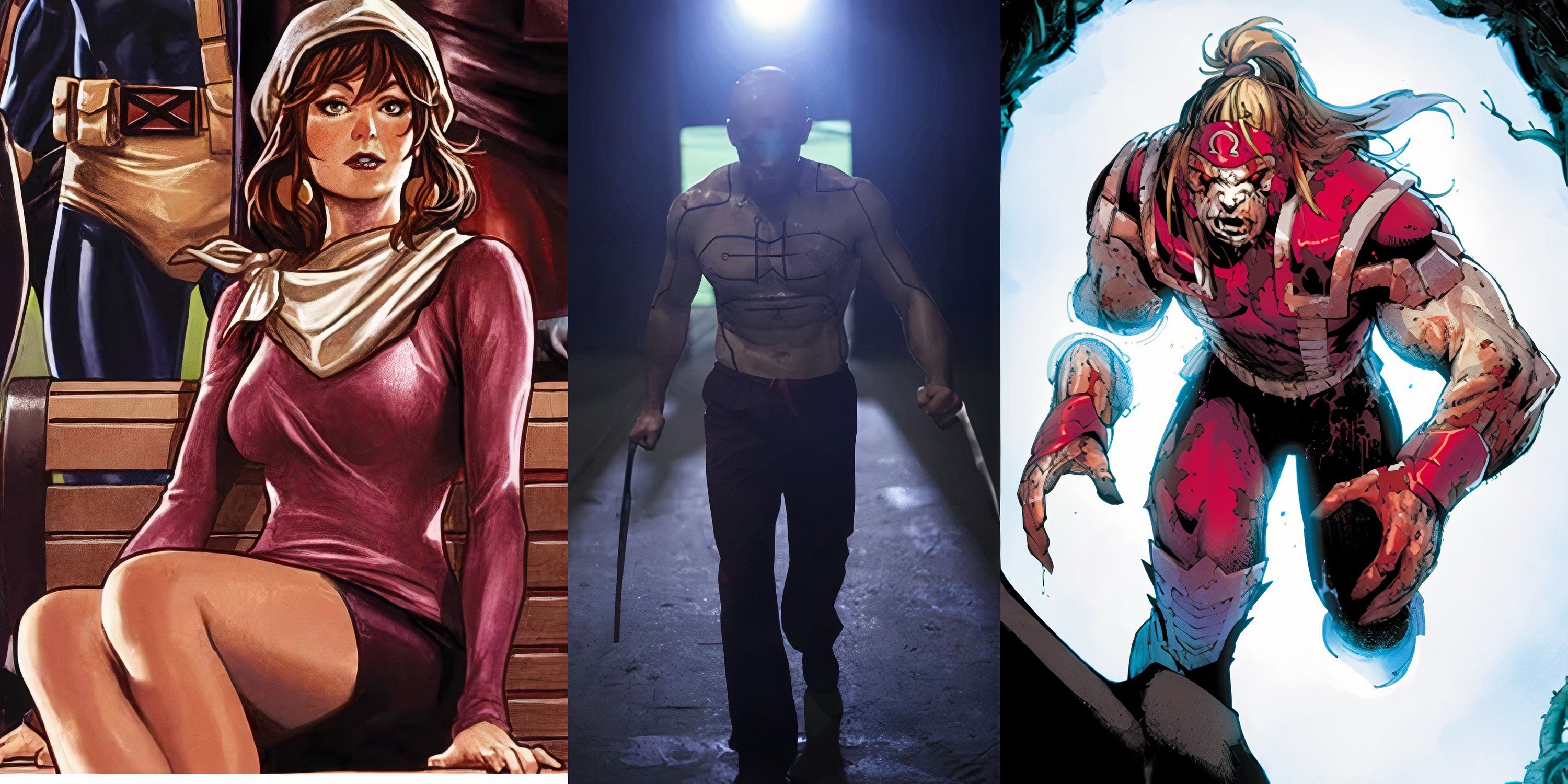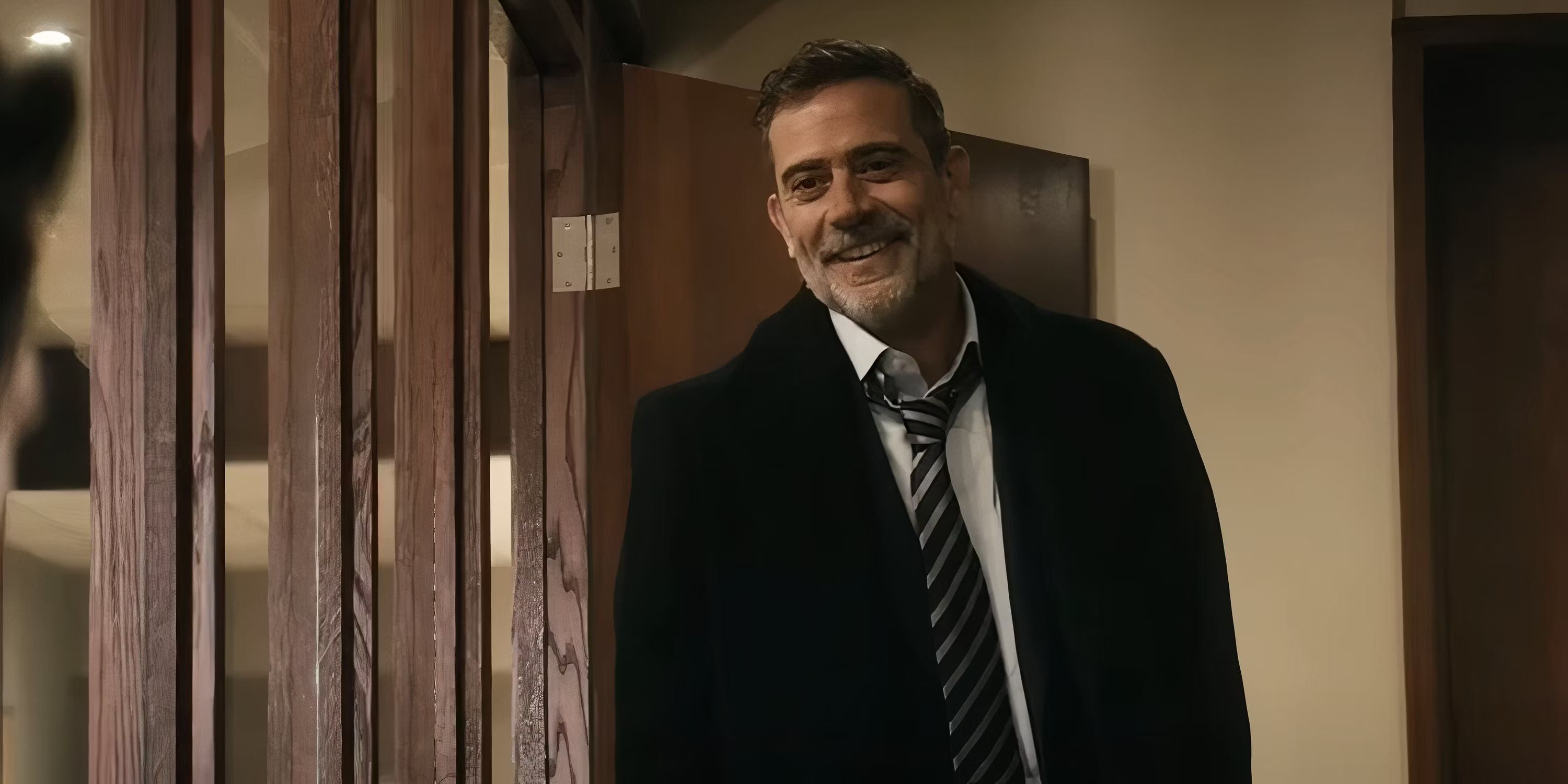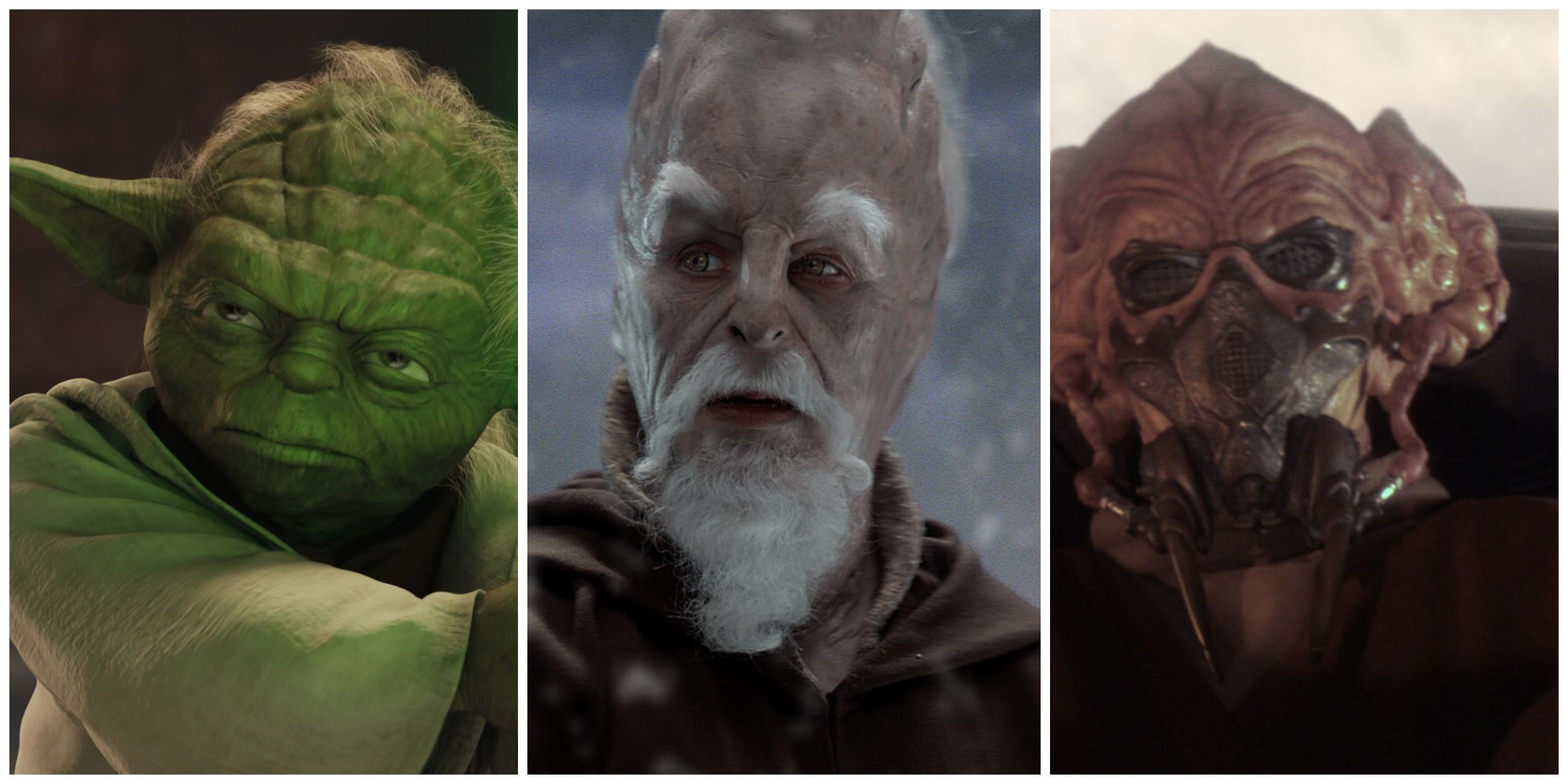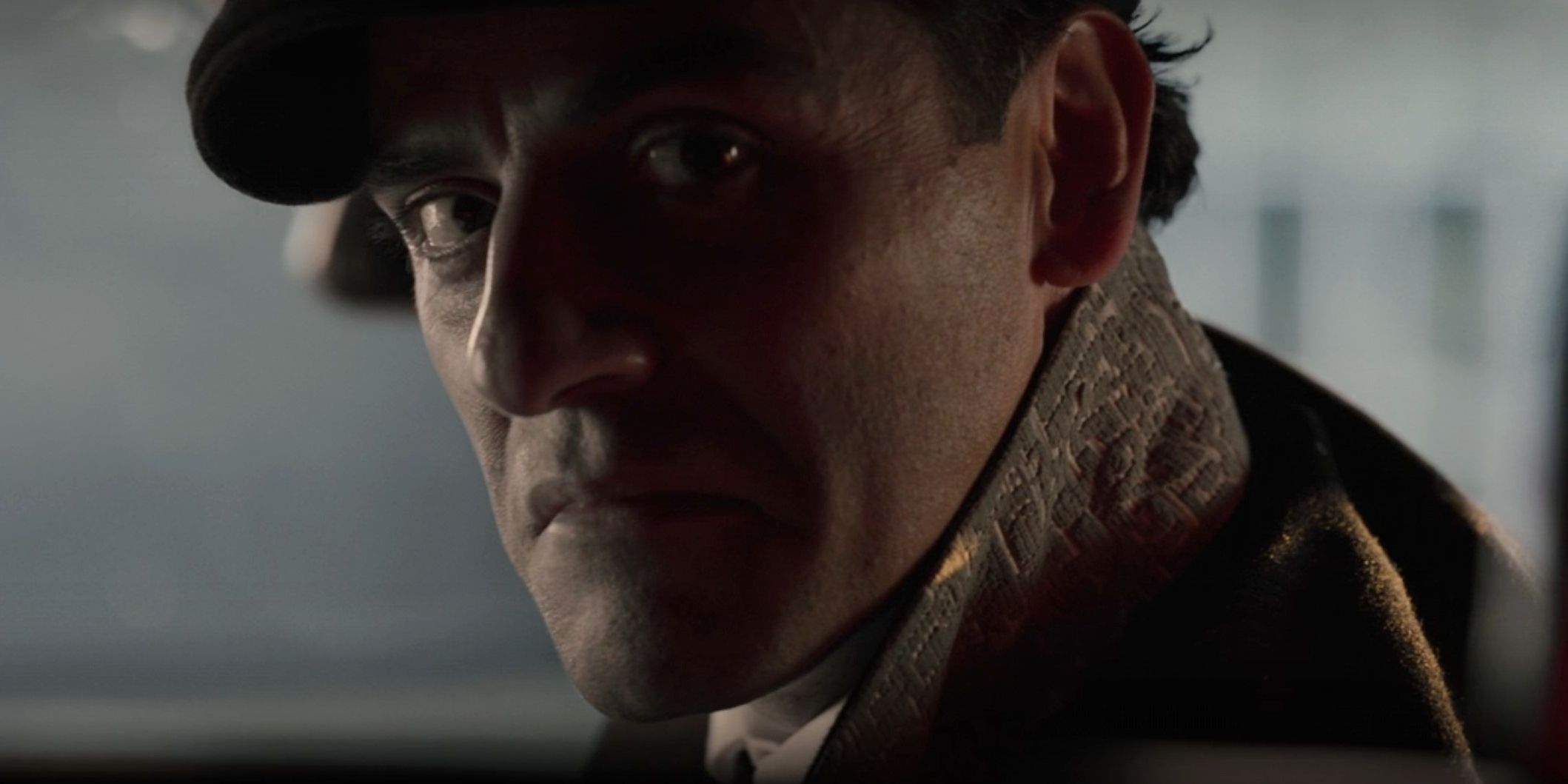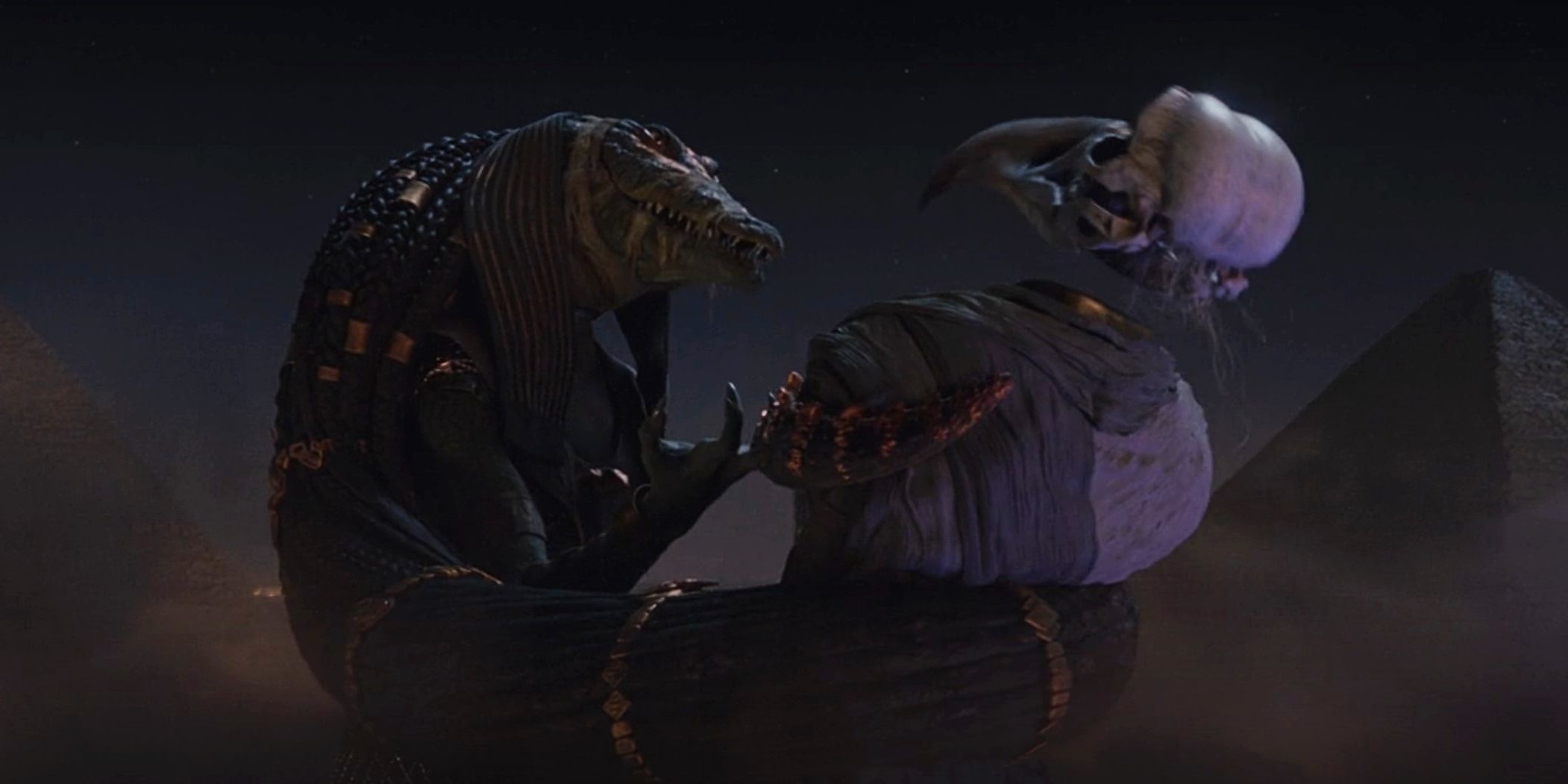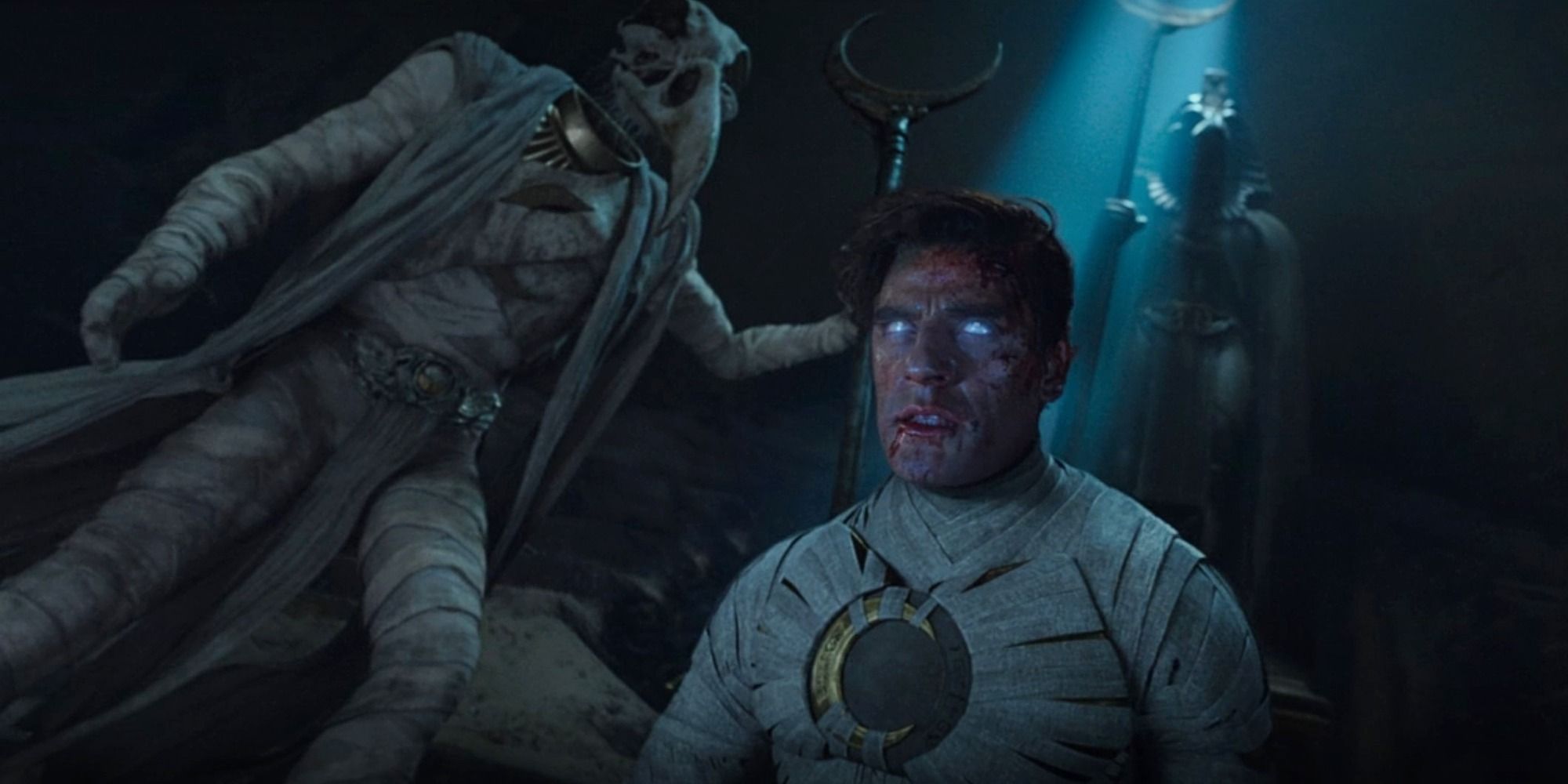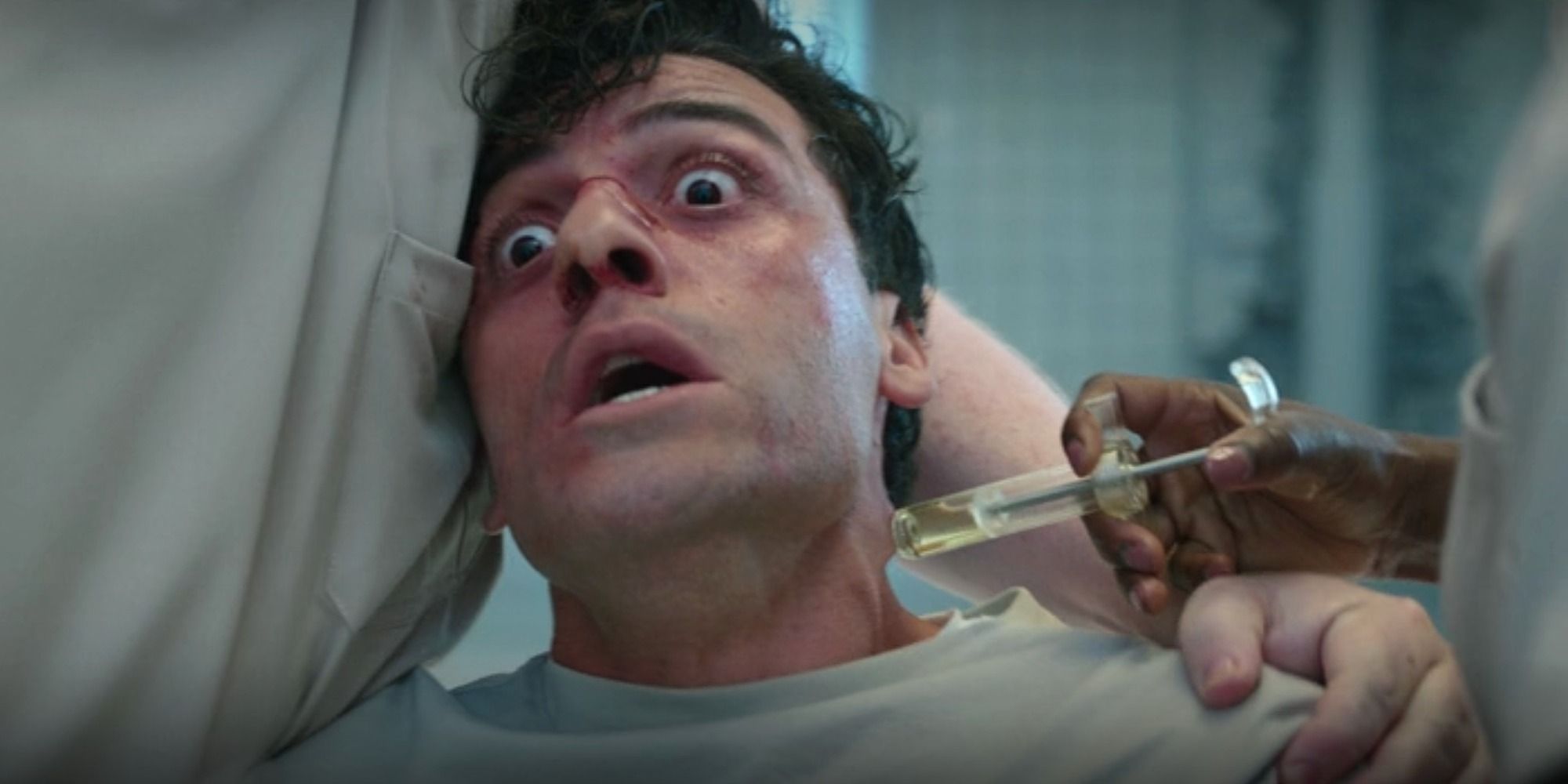The following article contains spoilers for Moon Knight.
Having finished what is so far its only planned season, Moon Knight will leave many Marvel fans with a different aftertaste than most other films or series, in no small part thanks to the horror film influences that define the style of the guest directing duo made up of Aaron Moorhead and Justin Benson. However, the show’s final episode repeats a familiar mistake that makes it difficult to define its true identity.
By the own admission of director Mohamed Diab and star Oscar Isaac, Moon Knight wanted to be different from the plethora of Marvel productions that currently dominate both movie theaters and streaming. Yet, the series betrays that premise as it slowly falls into the MCU’s third act trap. While Arthur Harrow and Ammit are not aliens, androids, or wizards, why does Moon Knight ending feel so similar to everything else that’s come before?
Stick To The Recipe
The more obvious answer to that question would be that Moon Knight is, at the end of the day, just like any other Marvel production. It’s a showcase of a beloved comic book icon that can rely on some of the biggest budgets of any Hollywood production, all with the added appeal of a recognizable star as its protagonist. Except that it isn’t, because even though one of the biggest criticisms hurled at Marvel Studios is the very safety of its scripts and style. For five straight episodes, Moon Knight shuns the most successful formula the movie industry has ever seen while retaining all of its entertainment value.
In all fairness, the finale still does to some extent, as the battle going on inside Marc Spector’s head is more crucial to the overall outcome than the MCU’s first kaiju showdown between Konshu and Ammit. Nevertheless, it’s likely that someone who enjoyed Moon Knight up to that point probably felt more attached to the psychological thriller elements that were used to portray Marc and Steven’s mental illness, which is a stark departure from the usual hero’s journey.
Take Shang-Chi and the Legend of the Ten Rings, yet another completely new and relatively lesser-known superhero, whose origin story is also atypical in the sense that borrows much more from Hong Kong cinema traditions that are seamlessly married to MCU. At least, that’s the case until the movie’s final act, when the film launches a CGI-fueled battle that forgets all the kung-fu fighting that precedes it, which is actually a natural fit for Shang-Chi considering he gets instantly onboarded by the Avengers.
What makes Moon Knight’s CGI sins in the final battle so blatant is that, unlike everyone else in Marvel, the superhero’s story concludes without him being connected to any other character, place, or artifact that’s been introduced so far. If there was ever a character that could succeed in the MCU without calling on any of the tropes it has built it was Moon Knight, as even Isaac himself doesn’t know what Marvel Studios plans to do with him going forward.
Will the Real Moon Knight Please Stand Up
With all that being said, Moon Knight does seem to be pointing at the right direction by making a different kind of MCU protagonist: a Marvel hero that’s not above killing, whose action style is much more graphic, and capped with a post-credits scene that sees his Jake Lockley alter ego kill someone with a gun. Guns are not popular among MCU superheroes, and whether that finds its origins in Batman’s long-held disdain for them or the ongoing gun control debates in America, Isaac shooting someone dead is a rare sight.
Moon Knight’s action is more brutal than most other Marvel productions — at least it was until his final fight with Harrow. While that is also part of a bigger trend that possibly started with The Falcon and the Winter Solider’s John Walker and now even encompasses the Doctor Strange sequel, it says a lot about future plans for the character. Maybe the studio wasn't so sure about Moon Knight's prospects, thus why it leaves fans with an ambiguous ending, but Isaac could now be a natural fit for Marvel’s Midnight Suns.
It’s clear that Blade is probably the most iconic character from the Midnight Suns’ lineup with a set path to enter the MCU, but Moon Knight’s aggression and his darker brand of superhero would fall in line for him to make his way into movie theaters. Then again, there’s also the potential for including a new Wolverine, especially with Patrick Stewart's confirmed return, or even the fiery Ghost Rider, both of which could distance themselves from the known Marvel formula as well.
If it’s true that Deadpool will remain the only R-rated MCU film, then perhaps Moon Knight could be the hero that, alongside Blade, falls somewhere in between Ryan Reynolds and the more family-friendly productions. Sure, Moon Knight as a series is far from perfect, and the finale might have been underwhelming for some. But just remember that before Thor: Ragnarok came The Dark World, and fine-tuning these new recipes takes time.

